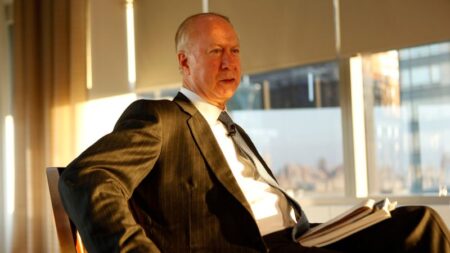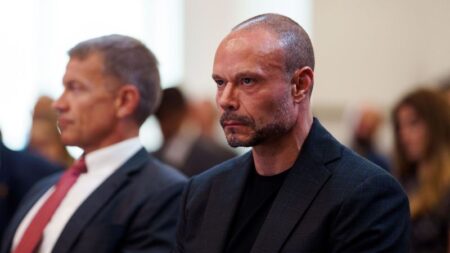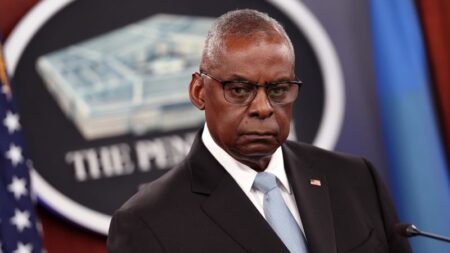In a significant development in UK parliamentary affairs, South Basildon and East Thurrock MP, James McMurdock, is under investigation by the Parliamentary Commissioner for Standards. The inquiry focuses on allegations that McMurdock, who previously represented the Reform UK party, failed to register his business interests properly. This situation follows his recent resignation from the party amid claims about his eligibility to have obtained £70,000 in bounce back loans during the COVID-19 pandemic.
McMurdock, identified as a director of Gym Live Health and Fitness Ltd according to Companies House, has transitioned to serving as an Independent MP after leaving Reform UK. This departure highlights the ongoing tension and scrutiny surrounding financial practices linked to political figures during the pandemic, which has raised substantial public interest and concern.
Complicating matters, McMurdock has not responded to media requests for comment at this time. The allegations concerning his business interests have also sparked significant reactions within the political arena. On Wednesday, Labour MP Jon Pearce formally requested that the Commissioner investigate whether McMurdock has breached parliamentary conduct rules. Pearce’s statement references specific parliamentary guidelines that necessitate the listing of any directorships held by an MP, making the implications of these allegations quite severe.
It is noteworthy that McMurdock’s business, alongside JAM Financial Ltd, where he previously held a directorial position, is currently facing overdue accounts. These financial details have imbued the inquiry with additional complexity, as the accountability of public figures for their business dealings remains critical to maintaining trust in governance.
In his defense, McMurdock has expressed through social media that he has conducted all business dealings “fully within the law and in compliance with all regulations.” Despite his claims of compliance, the pressures have clearly mounted. Last weekend, he proactively asked the Reform UK party to suspend the whip temporarily, indicating an acknowledgment of the gravity of the allegations while the party conducted an internal review. Just days later, he made the decision to resign from the party, positing that after consulting with legal experts, he believed that continuing his career as an independent MP was the best course of action.
The context surrounding McMurdock’s election victory is also relevant. He won his seat in the 2024 general election by a narrow margin of 98 votes against a Labour candidate, representing a former Conservative stronghold. This fact may amplify scrutiny, given the competitive political dynamics in his constituency.
Under current parliamentary regulations, MPs must declare any earnings over £100 and disclose interests that could reasonably be perceived to influence their parliamentary conduct. Notably, McMurdock has failed to declare any directorships thus far, which could be interpreted as a significant oversight or intentional omission. This type of misconduct can lead to various repercussions, including sanctions that may result in temporary suspension from Parliament.
This unfolding scenario draws attention to broader implications concerning transparency and accountability within UK parliamentary processes. As the investigation progresses, the political landscape may shift, reflecting potential changes in public trust and alignment within the parties involved.
The media, public figures, and constituents will likely watch the investigation closely, as its outcome may have lasting impacts, not just on McMurdock’s career but also on the broader perceptions of integrity within the political sector.











